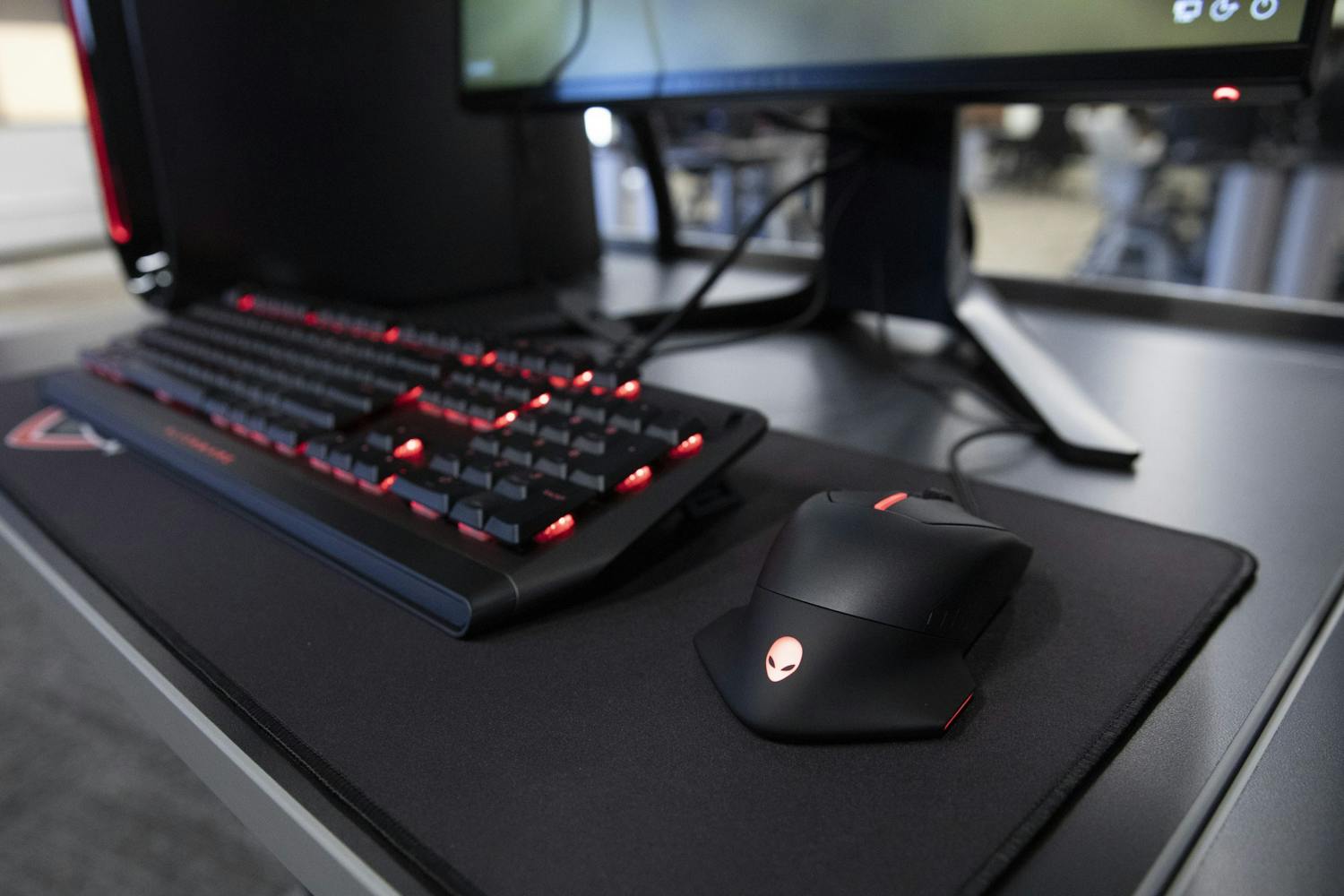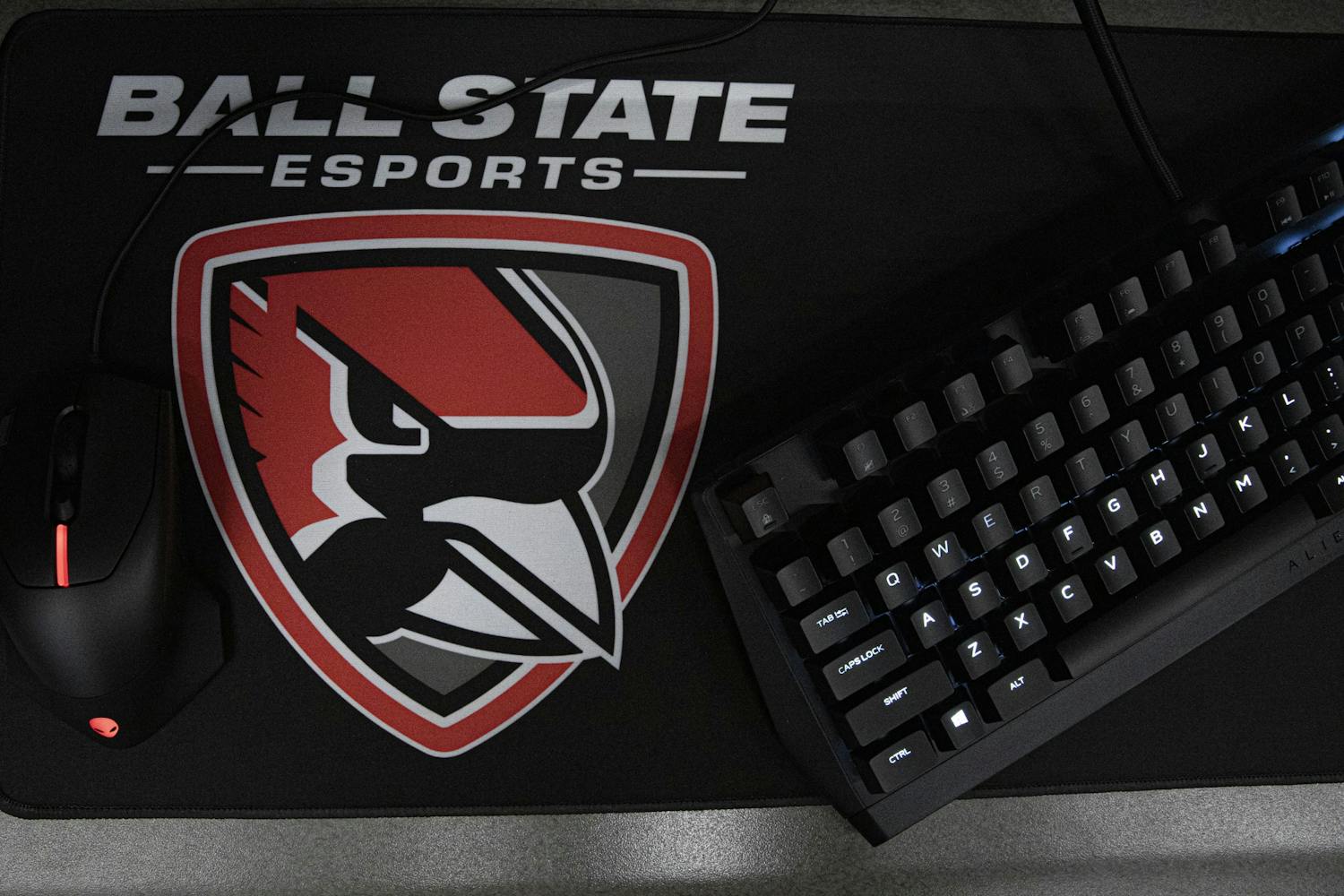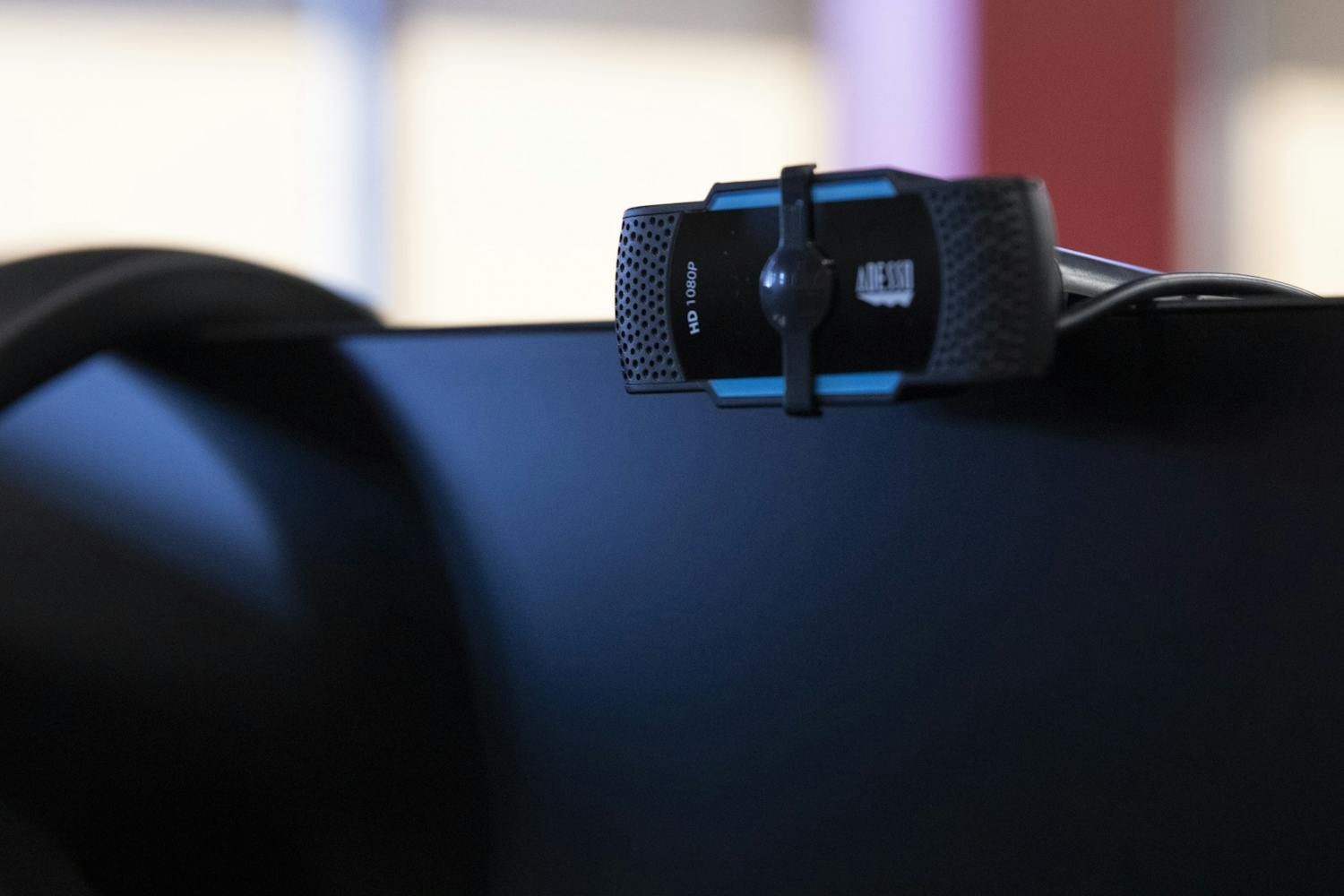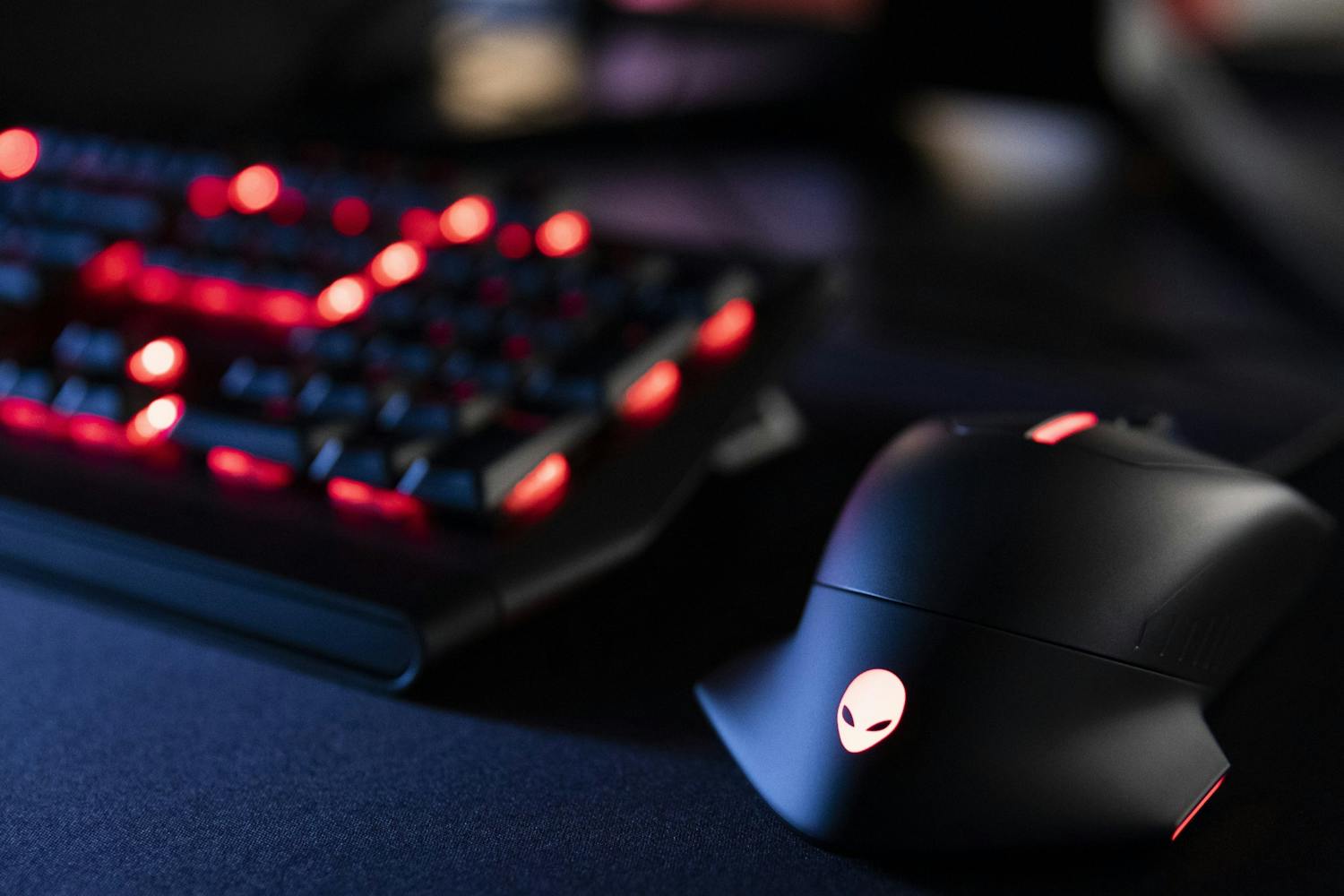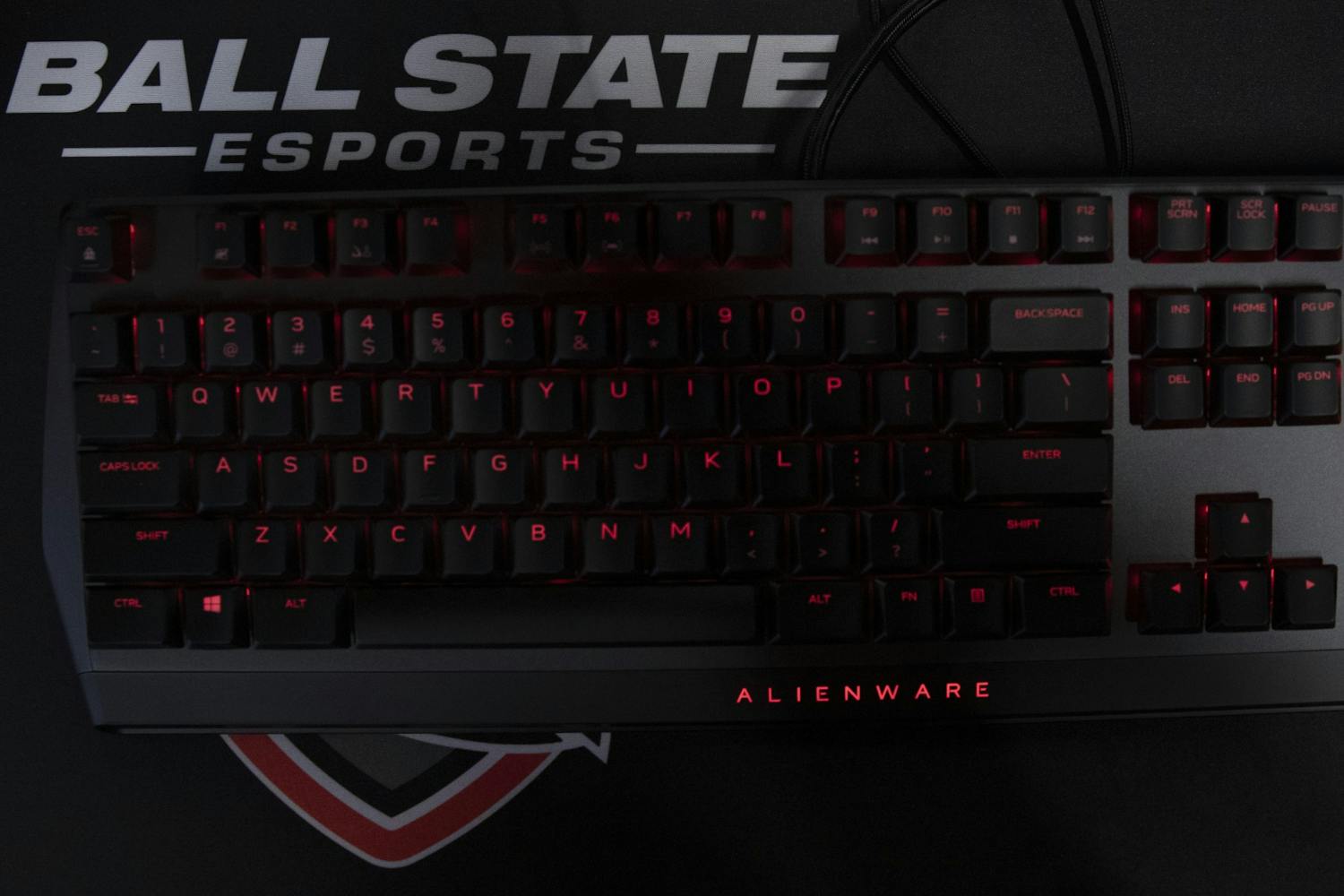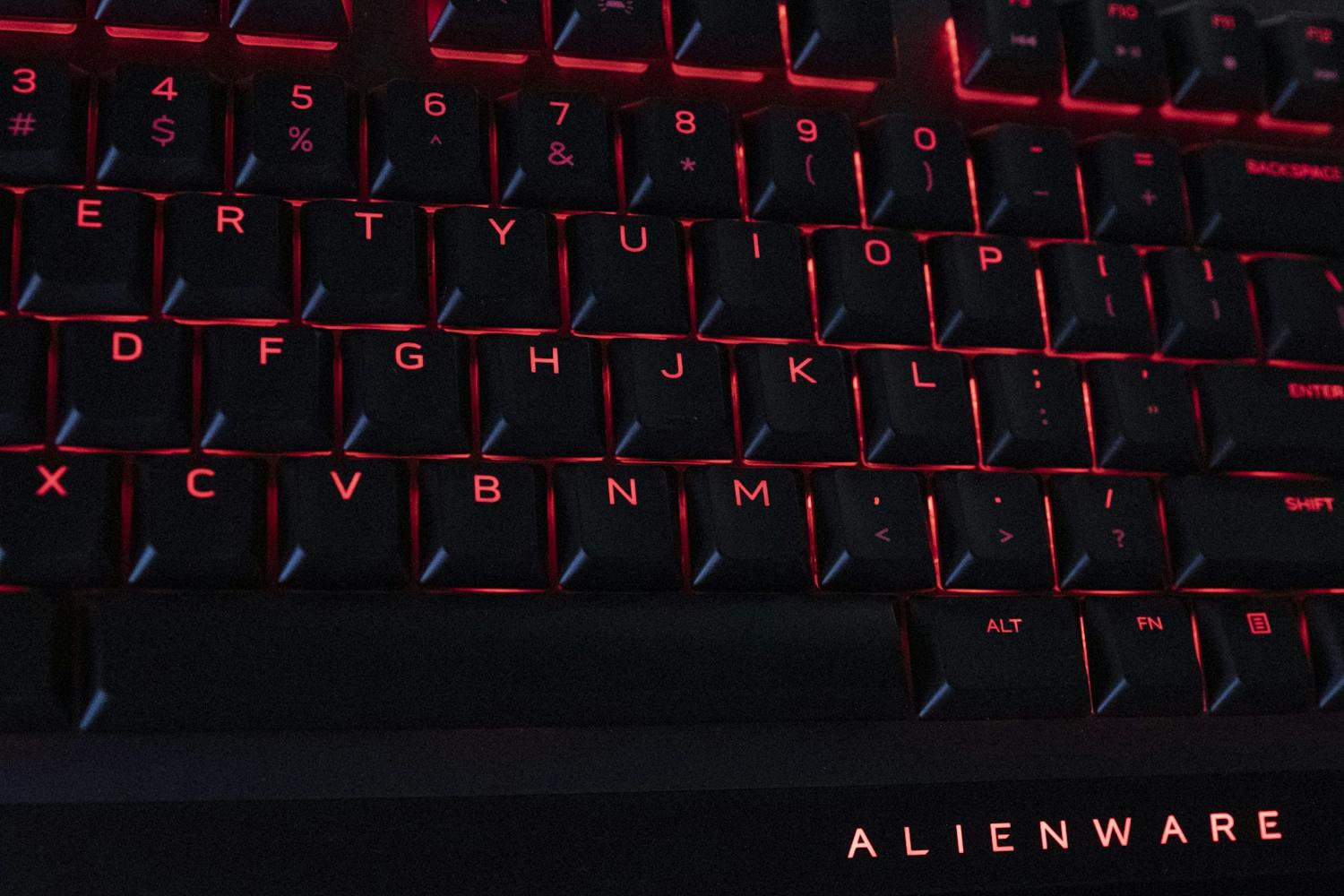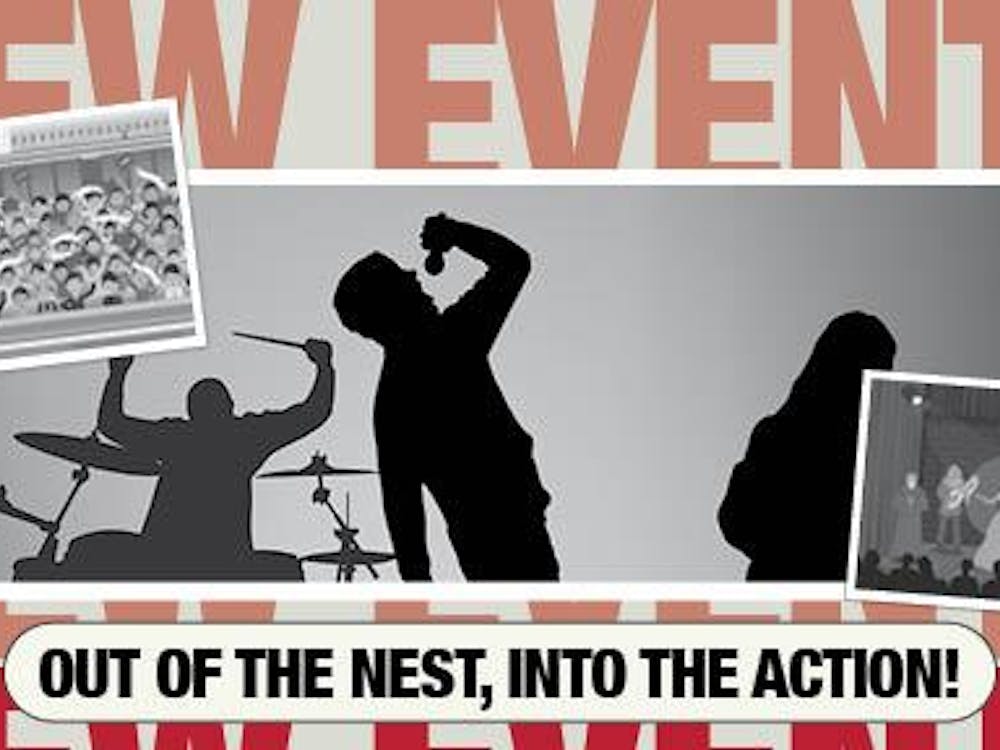While the public viewing of esports takes place almost exclusively in weekly live competitions on streaming platforms, there is so much more that happens behind the scenes.
Members of the Cardinal Esports program spend most of each week participating in practice sessions and team meetings — just like other athletic teams. Both esports teams, varsity and club, meet five days a week for a total of 15 hours. In these practice sessions, teams focus on a single aspect, such as reviewing film of their previous matchup or improving mechanical training and skill work.
“We try to bring our work as close as we can to traditional sports,” Ball State Director of Esports and varsity head coach Dan Marino said. “Obviously, there's no real physicality, but we're developing our own play as individuals and working as a team by reviewing film. It might not be a direct one-to-one between esports and traditional sports, but we're bringing that as close as we can.”
Julian Thomas, varsity “Rocket League” head coach known by his gamertag “GatorMelon,” has been in the program for nearly five years and transitioned into the head coaching role in the fall 2020 semester after he stepped down from playing. Thomas said he still benefits from practices in his new position just as he did when he was a player.
“The most helpful thing is when players are open about their issues,” Thomas said. “This way, when I go into [videos on demand], I can have a stronger focus on how to build a better practice plan and strategy for the team. I have found the more open a player-and-coach relationship is, the better.”
Marino said he is proud to see Thomas seamlessly transition into the head coaching position and hopes others can follow in his footsteps.
“[Thomas] has contributed so much,” Marino said. ”His team knowledge is immense, so having students like him is really important to the development of the program.”
Ball State participates in weekly competitions against other schools in games like “Rocket League,” “League of Legends” and “Overwatch.” In each game, individual teams consist of three to five players. The Cardinal Esports program is a part of the Esports Collegiate Conference, which formed last fall and consists of all 12 traditional Mid-American Conference schools and Northeastern University.
“The ECC is one of the most competitive conferences in the country for collegiate esports,” Marino said. “There are a lot of high-powered programs, and it motivates our players to get better because we want to be in one of the tournaments in this conference, but that requires being one of the top teams in the country, which is what we all want.”
Thomas said there is no better experience than being thrown into the fire of formal competition. He sees parallels between the mentality of an esports player and that of a student-athlete.
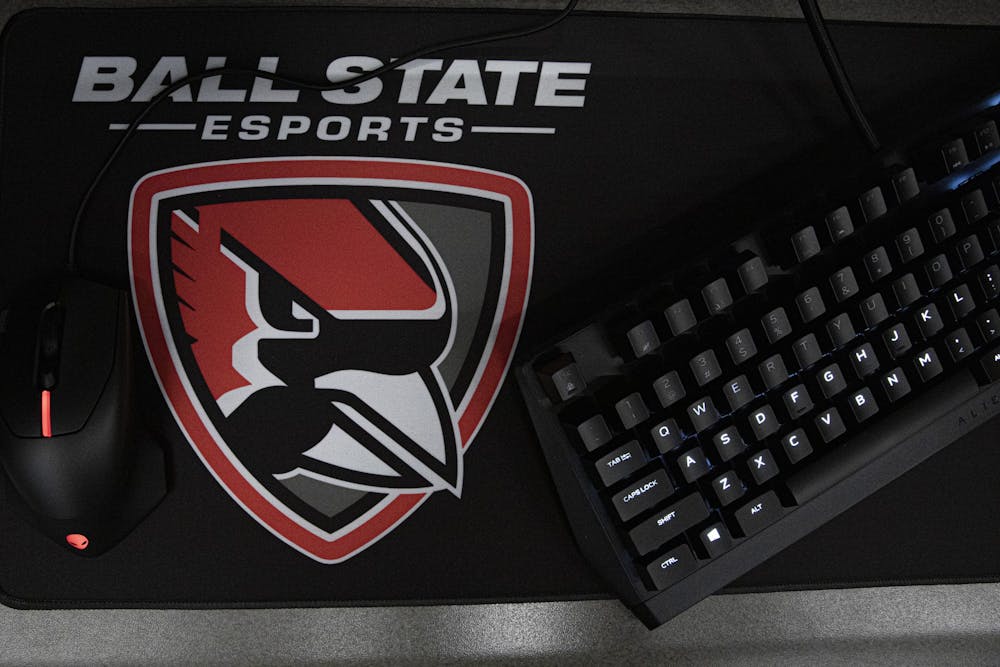
“The same concentration and focus that players put into football and basketball — it's the same for esports,” Thomas said. “The best players eat, sleep and breathe their games. If you want to be the best, learn how to accept failure, and be a team-first player. Most teams are three to five players, so there is absolutely no room for a player to have an ego.”
Club President Nate Valdez, whose gamertag is “RainShadow,” competes on the “Apex Legends” team. He stressed the importance of camaraderie and consistently developing relationships with his teammates. When their schedules allow, Valdez said, his teammates come over to his house and plug in their systems to play in the same room.
“Like any regular sport, it's a team chemistry thing,” Valdez said. “If you guys are teammates and friends at the same time, you are going to perform better. You want to not just support yourself, but your teammates.”
The players typically compete together in their home gaming setups through online lobbies. However, Marino said in-person interactions help his players become more familiar with each other, and team chemistry is the most important piece of a successful program.
“It is almost mandatory that everyone works toward a positive culture,” Marino said. “Being able to cultivate a team chemistry where, hopefully, everyone gets along, but, at the very least, everyone can work proactively with each other, is the most important thing. If you can't do that, it doesn't matter what your rank is — you won't be a part of this team.”
Marino said proper recruiting is also essential to the team’s success. He uses the concept of a “committed culture” as a selling point to attract new members.
“When it comes to conference strength, recruitment is rapidly getting more competitive with the amount of schools that have programs and that are offering scholarships,” Marino said. “Participating in strong competitions and playing against strong players is a big piece for a lot of these prospective students, and it will only help our program get stronger by bringing in these talented individuals.”
Although his players compete virtually, Marino said his team has a greater purpose for the community. He estimates less than one percent of his players will play professionally, but one of his goals is to help them develop lifelong skills from the program.
“We're going to have student coaches, students involved through broadcast and production,” Marino said. “Whatever angle students want to take with esports, this program is really good to help give them that exposure and that experience.”
Contact Charleston Bowles with comments at clbowles@bsu.edu or on Twitter @cbowles01.

